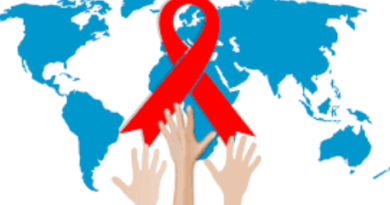Monsoon Surge Triggers Rise in Dengue Variant Across South India: Hospitals on High Alert

A sharp spike in dengue cases has gripped South India this monsoon, with doctors reporting a troubling rise in complications linked to a newly circulating variant. From Hyderabad to Chennai, hospitals are witnessing a surge in admissions, prompting urgent calls for public vigilance.
- Weekly caseloads in major cities have jumped dramatically, with some hospitals treating over 200 dengue patients per week.
- Karnataka alone has recorded over 9,000 confirmed cases this season, with experts warning that actual numbers may be significantly higher.
- Children and adolescents are emerging as the most vulnerable group, accounting for nearly one-third of all reported cases.
- Doctors in Hyderabad note a rise in severe symptoms such as low blood pressure, persistent fever, and internal bleeding.
- Multiple dengue serotypes are believed to be co-circulating, increasing the risk of complications and repeat infections.
- Kerala and Tamil Nadu have also reported steep increases, with fatalities triggering alarm among health officials.
- Rainfall intensity and stagnant water are fueling mosquito breeding, especially in urban pockets with poor drainage.
- Insurance data shows a 66% rise in dengue-related claims over five years, underscoring the growing economic burden.
- Fogging drives and sanitation efforts have been intensified, but experts say community-level awareness remains critical.
- Doctors urge early diagnosis, hydration, and strict mosquito control to prevent escalation.
The monsoon months from June to September are traditionally high-risk for vector-borne diseases, but this year’s outbreak is testing the limits of preparedness. With the new variant showing signs of higher transmissibility and severity, public health authorities are racing to contain the spread.
Residents are advised to:
- Eliminate stagnant water around homes.
- Use mosquito repellents and nets.
- Seek medical attention at the first sign of fever or rash.
As the region battles this seasonal health crisis, the message from doctors is clear: caution, not panic. Timely action can save lives and ease the pressure on already strained healthcare systems.




